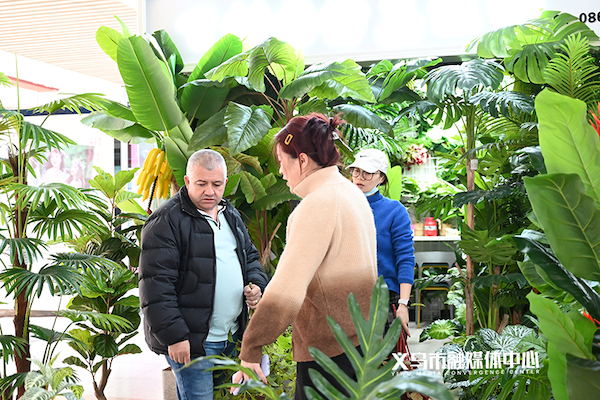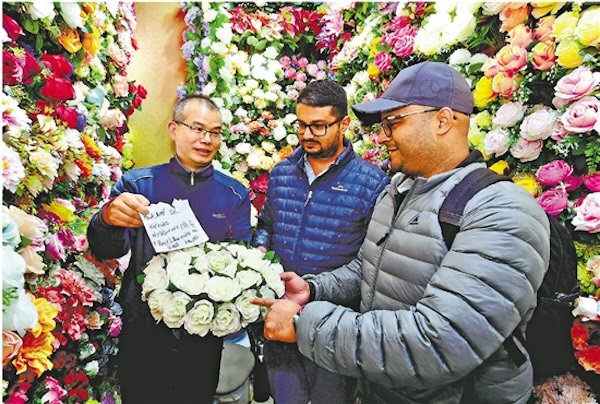Chen Wangdao's sweet home in Yiwu
Fenshuitang village, located in Yiwu's Chengxi sub-district, witnessed the birth of the first Chinese edition of The Communist Manifesto by Karl Marx and Friedrich Engels a century ago and has become a popular tourist destination in recent years.
Around the Spring Festival in 1920, Chen Wangdao (1891-1977), a scholar and translator born in Fenshuitang, returned from Shanghai to a woodshed in the village and started translating the manifesto under an oil lamp. In August 1920, the book was published and quickly sold out. Many of its readers later became Communist revolutionaries.
A well-known anecdote has it that during his sedulous translation work in the woodshed, Chen once unwittingly mistook ink for brown sugar used as a dip for zongzi (Chinese glutinous rice dumplings). With a mouthful of ink, Chen realized the slip but quipped, "It is exactly what truth should taste like, sweeter than brown sugar!"
Several years ago, Chen's former residence in the village was repaired and the study where Chen translated the manifesto was restored. Boasting solid infrastructure and a livable environment, the village has so far received 385 travel groups and 16,000 individual tourists this year, which coincides with the 100th anniversary of the founding of the Communist Party of China. In memory of Chen's groundbreaking work for the CPC, many Party members chose to recite their oath of admission to the Party in the study.
This surge in tourists has prompted many villagers to open restaurants, gift shops, and homestay hotels. The village's per capita annual income reached 36,000 yuan ($5,573) in 2020.
The most popular souvenir among tourists is "Wangdao zongzi" with brown sugar made in the village, as many people want to taste the "sweetness of truth".

The former residence of Chen Wangdao in Fenshuitang village, Yiwu [Photo/WeChat account:zjfabu]

 Yiwu and Qingtian: Global supermarket alliance spurs economic growth
Yiwu and Qingtian: Global supermarket alliance spurs economic growth Artificial flowers: Yiwu's evergreen business
Artificial flowers: Yiwu's evergreen business Yiwu Intl Trade Market reopens after Spring Festival holiday
Yiwu Intl Trade Market reopens after Spring Festival holiday